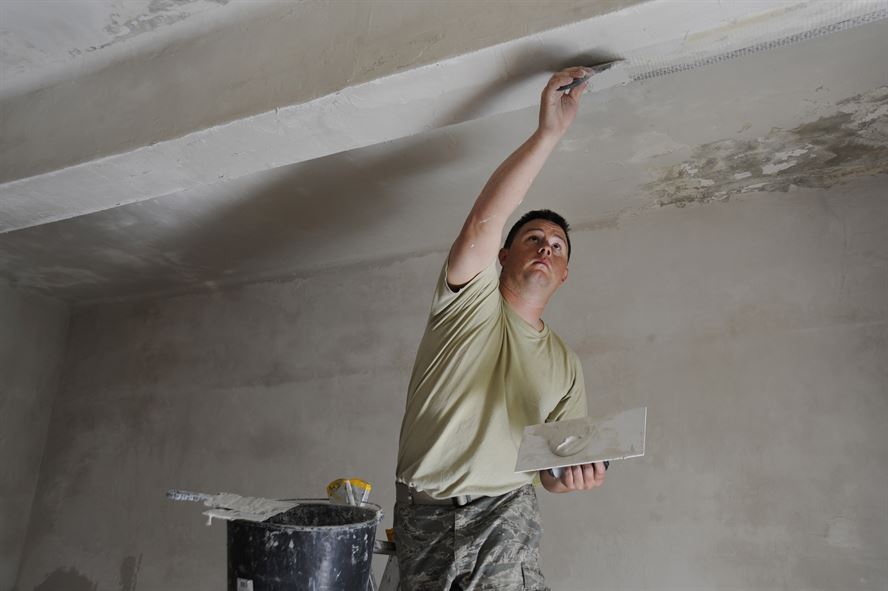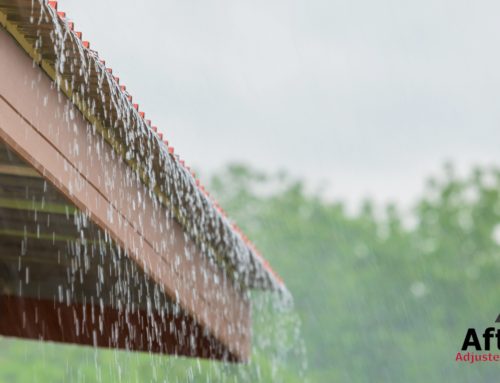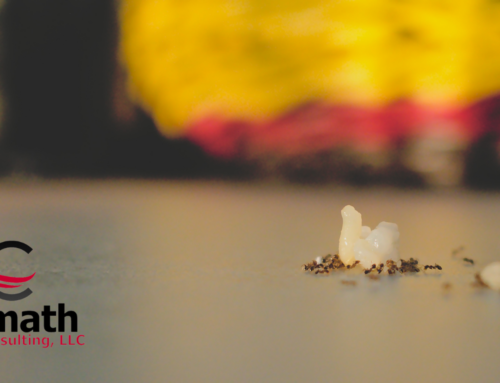Water damage insurance claims can be expensive and overwhelming to deal with. Plus, different policies will cover different types of damage. Property owners may not even know where to begin when it comes to the claims process.
Below are five tips that will help you get the most from your water damage insurance claims.
1. When to Hire a Public Adjuster For Water Damage Insurance Claims
If you believe your disputed claim amount is over $10,000, it is a good idea to hire a public adjuster. Aftermath Adjusters can help you get the most from your insurance claim by negotiating with your insurance agency.
Aftermath Adjusters have the experience needed in handling insurance claims on your behalf. We have dealt with water damage claims specifically, and our knowledge and training will be a great benefit to you.
2. The Difference Between Water Damage and Flood Damage
Water damage and flood damage are considered two separate things when it comes to insurance coverage. This can affect your claim tremendously.
The most common type of damage reported in the home insurance industry is water damage. It can be caused by issues such as:
- Sewage backups
- Broken or frozen pipes
- Leaky roofs
- Poorly maintained appliances
- Wind-driven rain
Basic home insurance policies usually cover water damage. However, they do not cover flood damage.
3. Flood Insurance is a Separate Policy
As stated above, flood damage is not covered by standard homeowner’s insurance. For this reason, you will need to purchase a separate flood insurance policy from your insurance company or through the NFIP.
The NFIP is the National Flood Insurance Program that was established by the US government in 1968. Before then, flood insurance wasn’t even available to homeowners. Today, many property owners have flood insurance through the NFIP.
Before buying flood insurance, make sure you know what constitutes a “flood.” The NFIP defines a flood as “a general and temporary condition of partial or complete inundation of two or more areas of normally dry land area or of two or more properties (at least one of which is your property) from an overflow of inland or tidal waters; unusual and rapid accumulation or runoff of surface waters from any source; mudflow.”
This basically means that a flood is any rising water or mud that appears on usually dry land.
Floods are caused by any number of occurrences, including hurricane storm surges, overflowing rivers, and heavy rains. If you live in a floodplain or an area prone to these conditions, it is a good idea to get flood insurance.
4. Be Sure the Cleaning Company Uses Specialized Cleaning Equipment
To guarantee that your home gets high-quality clean-up, make sure the water damage restoration team uses hygrometers, moisture detectors, and infrared cameras to monitor the location of the water in your home. Also, be sure they use disinfectants to prevent the spread of bacteria and mildew.
5. Report Water Damage As Soon As Possible
Some home insurance policies will state that you have 14 days after the incident occurred to report water damage. This can be particularly difficult for homeowners who are on vacation, or who have a vacation property in a wet climate like Florida. They may not receive coverage simply because the damage wasn’t noticed within a 15-day window.
Ultimately, when it comes to dealing with water damage insurance claims, hiring a public adjuster is your best option. At Aftermath Adjusters & Consulting, LLC, we are trained experts who will walk you through the entire process, easing your worries along the way. You will get the most out of your insurance coverage by having a public adjuster by your side.









